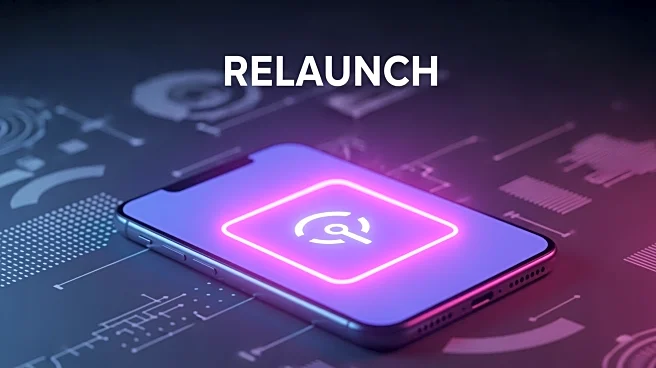What's Happening?
The Neon app, which pays users for recording and sharing phone calls, has returned to app stores after addressing security flaws. Previously, a vulnerability allowed access to users' call data, prompting
the app to go offline. The updated version now only records calls between Neon users, aiming to mitigate legal concerns over call consent laws. Neon compensates users at a rate of 30 cents per minute, with additional referral bonuses. The app sells recordings to companies for AI model training, claiming to anonymize call information.
Why It's Important?
Neon's return highlights ongoing privacy and ethical concerns in the tech industry, particularly regarding data collection and consent. The app's business model, which involves selling call recordings for AI training, raises questions about user privacy and data security. The changes may alleviate some legal issues, but privacy experts remain cautious about potential risks. The situation underscores the need for clear regulations and user protections in the rapidly evolving tech landscape.
What's Next?
Neon's relaunch may prompt further scrutiny from privacy advocates and regulators, potentially leading to new guidelines or legislation on call recording and data usage. Users and tech companies will need to navigate the balance between innovation and privacy, as similar apps and services emerge. The app's success or failure could influence future developments in AI training and data monetization strategies.
Beyond the Headlines
The app's model raises broader ethical questions about the commodification of personal data and the implications for user autonomy. As AI technologies advance, the demand for real-world data will continue to grow, challenging existing privacy norms and legal frameworks. Long-term, this could lead to shifts in societal attitudes towards data privacy and the role of technology in everyday life.











